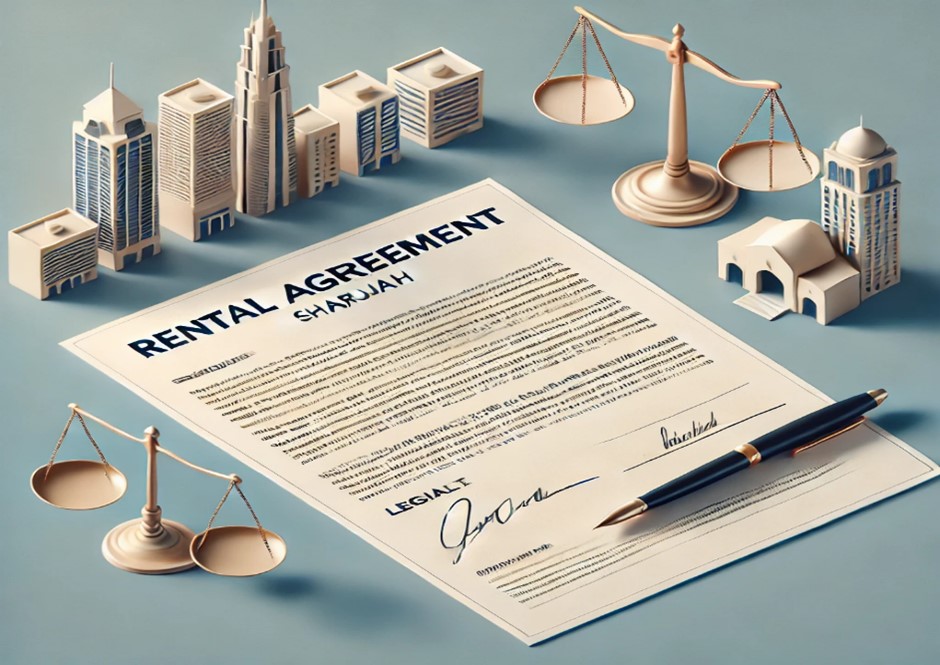
Sharjah’s New Rental Law: A Fair Deal for Tenants and Landlords
A new rental law, issued by Sheikh
Dr. Sultan bin Muhammad Al Qasimi, Ruler of Sharjah and Member of the Supreme
Council, introduces enhanced protections for tenants and a structured framework
for landlords. The new law sets clear rules for rental contracts, eviction
conditions, and rent increases. It requires landlords to ratify rental
contracts within 15 days of issuance, ensuring both parties are legally bound
by the terms in a timely manner.
One of the significant changes
under the new law is the protection against premature evictions. For
residential properties, landlords cannot evict tenants within the first three
years of the lease, and for commercial, industrial, or professional properties,
the restriction extends to five years. Previously, landlords could issue
eviction notices after receiving permission from the Sharjah Municipality,
often with just three months’ notice. However, the new law outlines specific
exceptions under which eviction can occur for the following reasons:
a)
Non-payment of rent or instalments within 15 days of
the due date.
b)
Violation of legal or contractual obligations, with
the tenant failing to rectify within 30 days of notification.
c)
Unauthorized transfer or subleasing of the property.
d)
Use of the property for purposes other than those
stipulated in the contract or in violation of public order or morals.
e)
Demolition, rebuilding, or maintenance that prevents
tenant occupancy.
Landlords may also seek eviction if
they wish to demolish or rebuild the property or if they need the property for
personal use, provided they meet strict conditions, including a three-month
notice and proof of need.
In addition to eviction rules, the
law outlines measures to protect tenants in case of ownership transfer. A
change in ownership does not terminate the rental agreement, and the new
landlord cannot request the tenant to vacate or raise rent without complying
with the law’s provisions. Furthermore, if a tenant wishes to terminate the
contract early due to exceptional circumstances, they may do so by following a
legal procedure, with a potential penalty of 30% of the remaining rent term
unless an alternative agreement is reached.
Rent increases are also regulated
under the new law. Landlords are prohibited from raising rent during the first
three years of the contract unless both parties agree to a modification. After
this period, any increase must reflect fair market value as determined by the
law’s executive regulations. Additionally, rent cannot be increased again for
two years following any accepted raise, ensuring tenants are not burdened by
frequent hikes.
This comprehensive legislation
enhances protections for both tenants and landlords by setting clear guidelines
on evictions, rent payments, and contractual obligations. With these reforms,
Sharjah aims to promote a balanced and fair rental market, ensuring the rights
of both parties are preserved while fostering a stable environment for
residential and commercial rentals.
